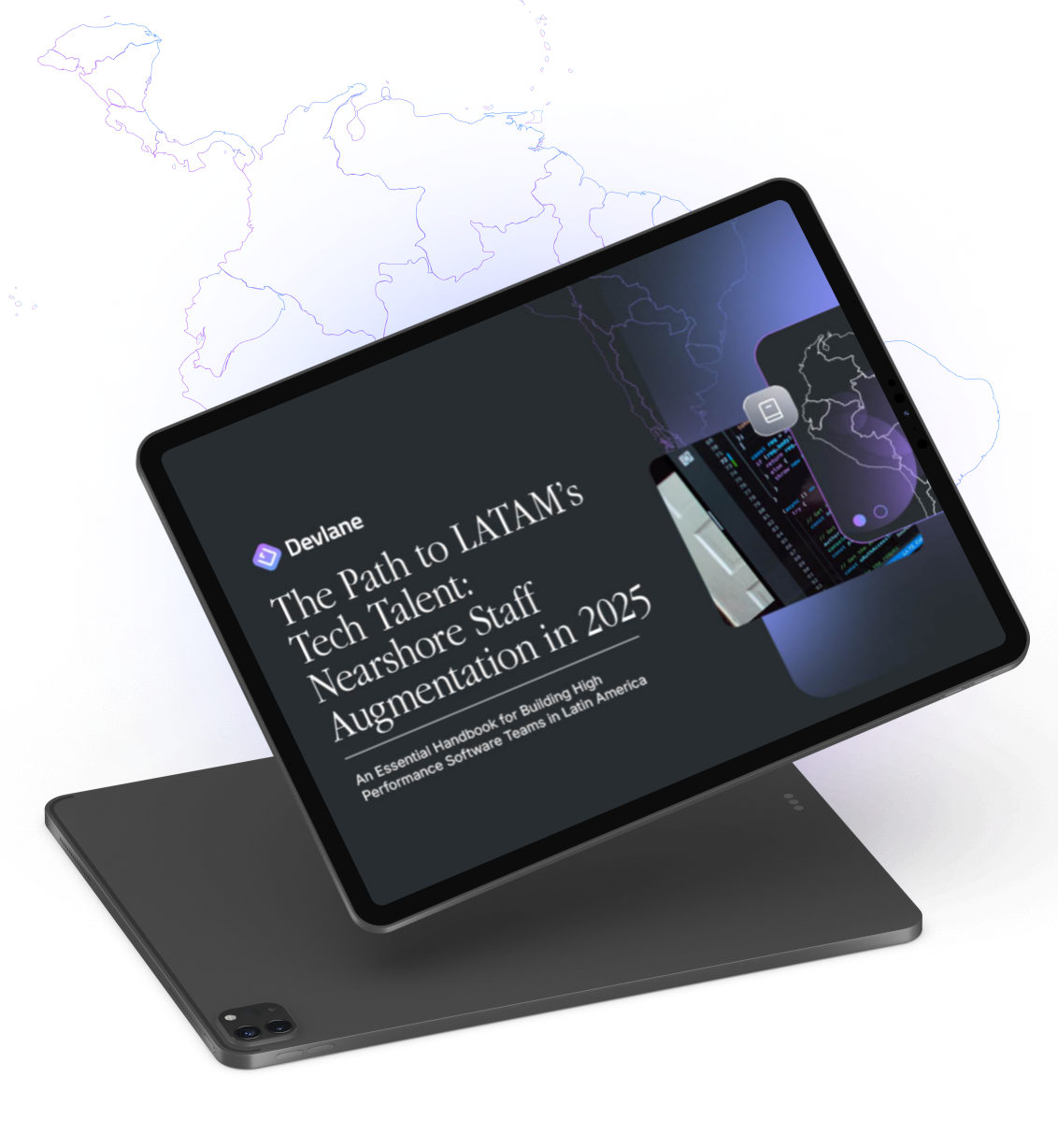What is ChatGPT?
ChatGPT is a new natural language processing (NLP) tool developed by OpenAI that can potentially revolutionize the software engineering industry.
With ChatGPT, software engineers can interact with a machine learning model in real-time to get instant code suggestions, answers to coding questions, and even entire code blocks.
This technology has the potential to significantly improve the productivity and efficiency of software developers, making it a game-changer in the industry.
One of the most exciting features of ChatGPT is that it can create code in the desired programming language by typing a request for a specific code function or block.
This eliminates the need for developers to search documentation or scour the internet for code examples. In just a few seconds, they can get the exact code they need in just a few seconds.
In addition to generating code, ChatGPT can also provide instant answers to coding questions. Whether a developer is stuck on a specific error message or is looking for guidance on a particular programming concept, ChatGPT can provide a quick and accurate response.
This feature alone has the potential to save developers countless hours of frustration and lost productivity.
Another significant benefit of ChatGPT is its ability to learn and adapt to a developer’s specific coding style and preferences. As a developer uses ChatGPT over time, the tool will learn their preferred coding practices and language choices.
This means that ChatGPT will be able to provide more accurate and relevant code suggestions and answers, further improving the efficiency and productivity of the developer.
ChatGPT is a powerful tool that could replace human software developers. However, it is essential to note that ChatGPT is designed to assist and effectively.
While ChatGPT can generate code and provide answers to coding questions, it is up to the developer to review, test, and implement the code.
Overall, the release of ChatGPT is a significant development in the software engineering industry. With its ability to generate code, provide instant answers to coding questions, and adapt to a developer’s specific needs, ChatGPT has the potential to improve software developers' productivity and efficiency significantly.
As such, it will surely be a valuable asset for developers and companies.
What are the advantages of using AI for software development?
Here are some potential advantages of using artificial intelligence (AI) for software development:
- Increased efficiency: AI tools can automate specific tasks in the software development process, such as code generation or testing, which can save time and effort for developers.
- Improved accuracy: AI algorithms can analyze large amounts of data and identify patterns and trends that humans may be unable to detect, leading to more accurate results and predictions.
- Enhanced collaboration: AI tools can facilitate communication and cooperation between team members, allowing for a more efficient and seamless workflow.
- Greater flexibility: AI algorithms can be trained to adapt to changing requirements and workflows, making them more flexible and adaptable than traditional software development tools.
- Enhanced security: AI algorithms can detect and prevent security vulnerabilities in software systems, improving the overall safety and reliability of the software.
- Improved scalability: AI algorithms can handle large amounts of data and processing tasks quickly and efficiently, making them well-suited for large-scale software development projects.
- Enhanced creativity: AI tools can help developers generate new ideas and solutions they may not have thought of, leading to more innovative and creative software products.
- Greater cost-effectiveness: AI algorithms can automate tasks that would otherwise require human labor, potentially reducing the overall cost of software development projects.
The last thing we need to ask…
Will ChatGPT replace software engineers?
Whether ChatGPT, a natural language processing tool developed by OpenAI, will replace software engineers is a complex one that requires a nuanced examination of the capabilities and limitations of ChatGPT and the role of software engineers in the broader context of the software development process.
On the one hand, ChatGPT can generate code on demand and provide instant answers to coding questions, potentially saving software engineers time and effort in their work.
This could lead to increased efficiency and productivity for developers, who can rely on ChatGPT to handle specific tasks and focus on more complex or creative aspects of their work.
ChatGPT cannot replace critical thinking, problem-solving, and design skills necessary for software engineers' work. ChatGPT can provide code suggestions and answers to specific coding questions, but it needs help to design and build complex software systems.
Software engineers play a vital role in software development, such as defining project requirements and creating technical specifications.
Furthermore, using ChatGPT does not eliminate the need for human oversight and quality assurance in the software development process. While ChatGPT can generate code and answer coding questions, it is ultimately up to software engineers to review, test, and implement the code.
This means that software engineers will still play a crucial role in ensuring the software's quality and reliability.
In conclusion, it is unlikely that ChatGPT will replace software engineers soon. While ChatGPT can undoubtedly assist and enhance the work of software engineers, it needs the capabilities and expertise to replace the critical thinking, problem-solving, and design skills essential to creating software engineers.
Instead, ChatGPT is likely to be a valuable tool that can help software engineers work more efficiently and effectively rather than replacing them altogether.
If you want to learn more about how ChatGPT works, look at this blog post from OpenAI, which details its architecture and how it works.




